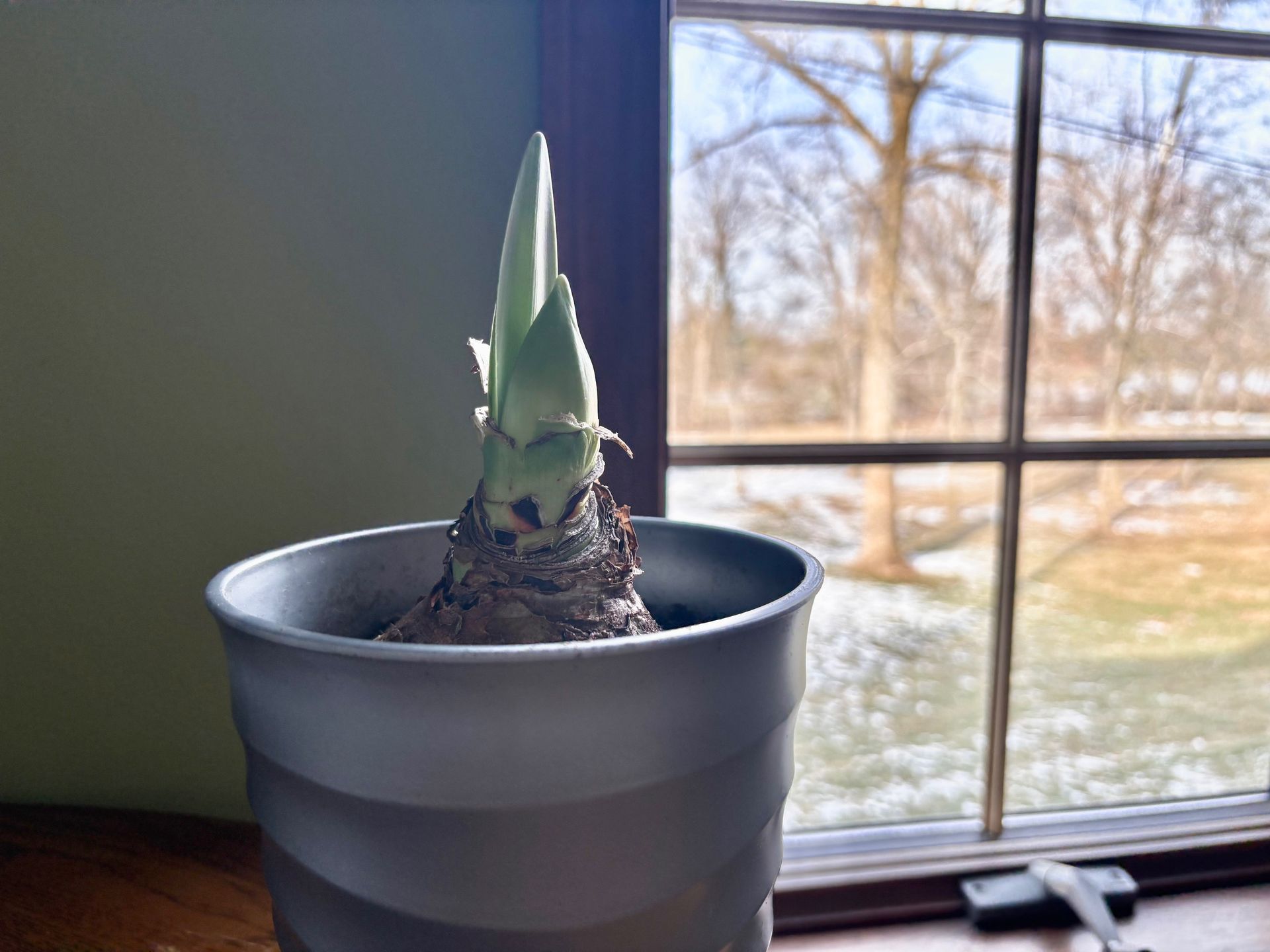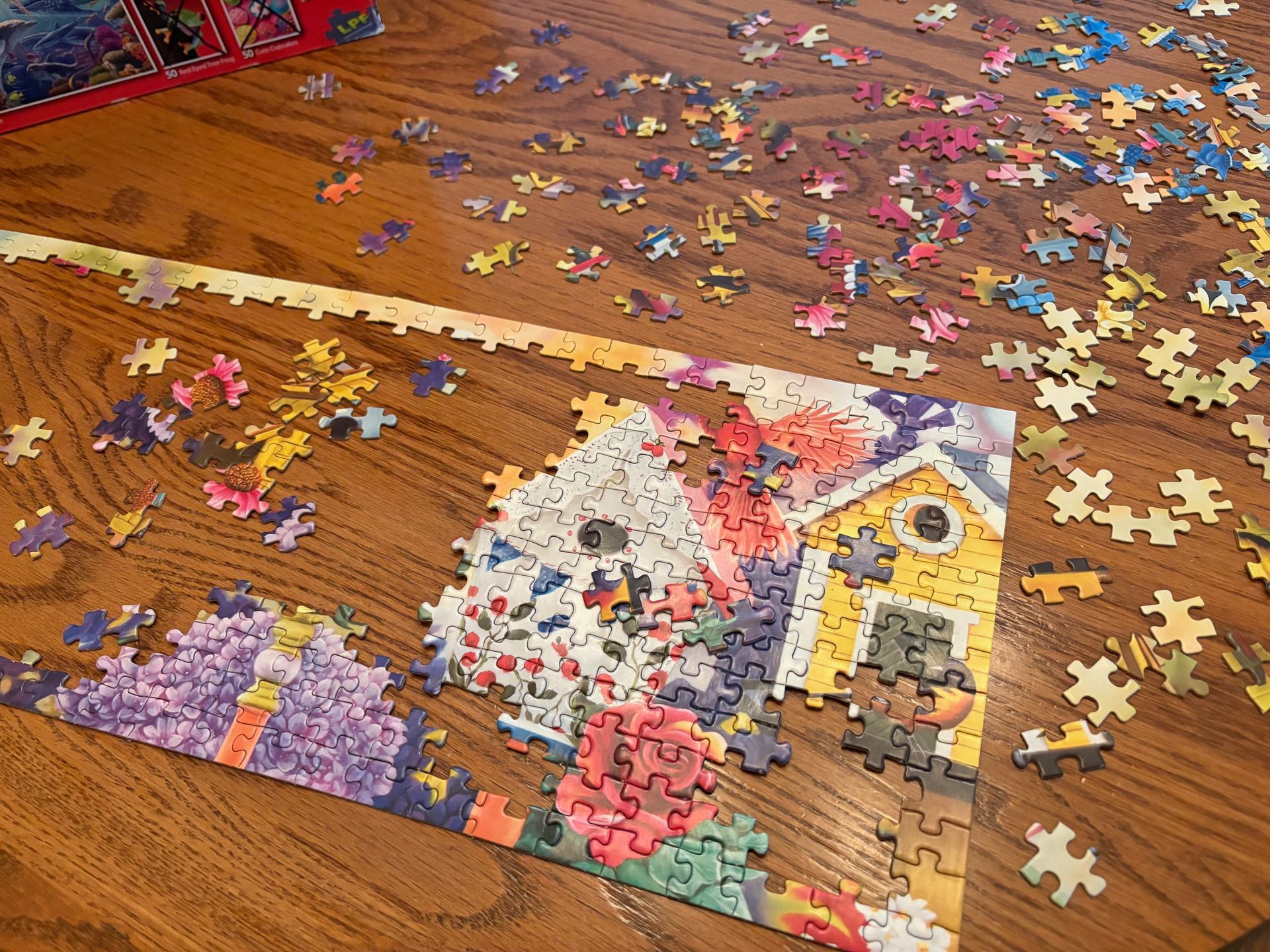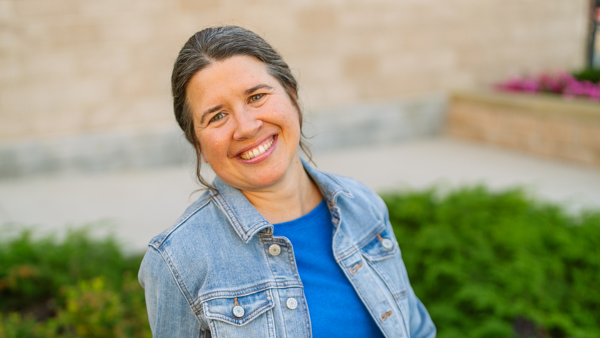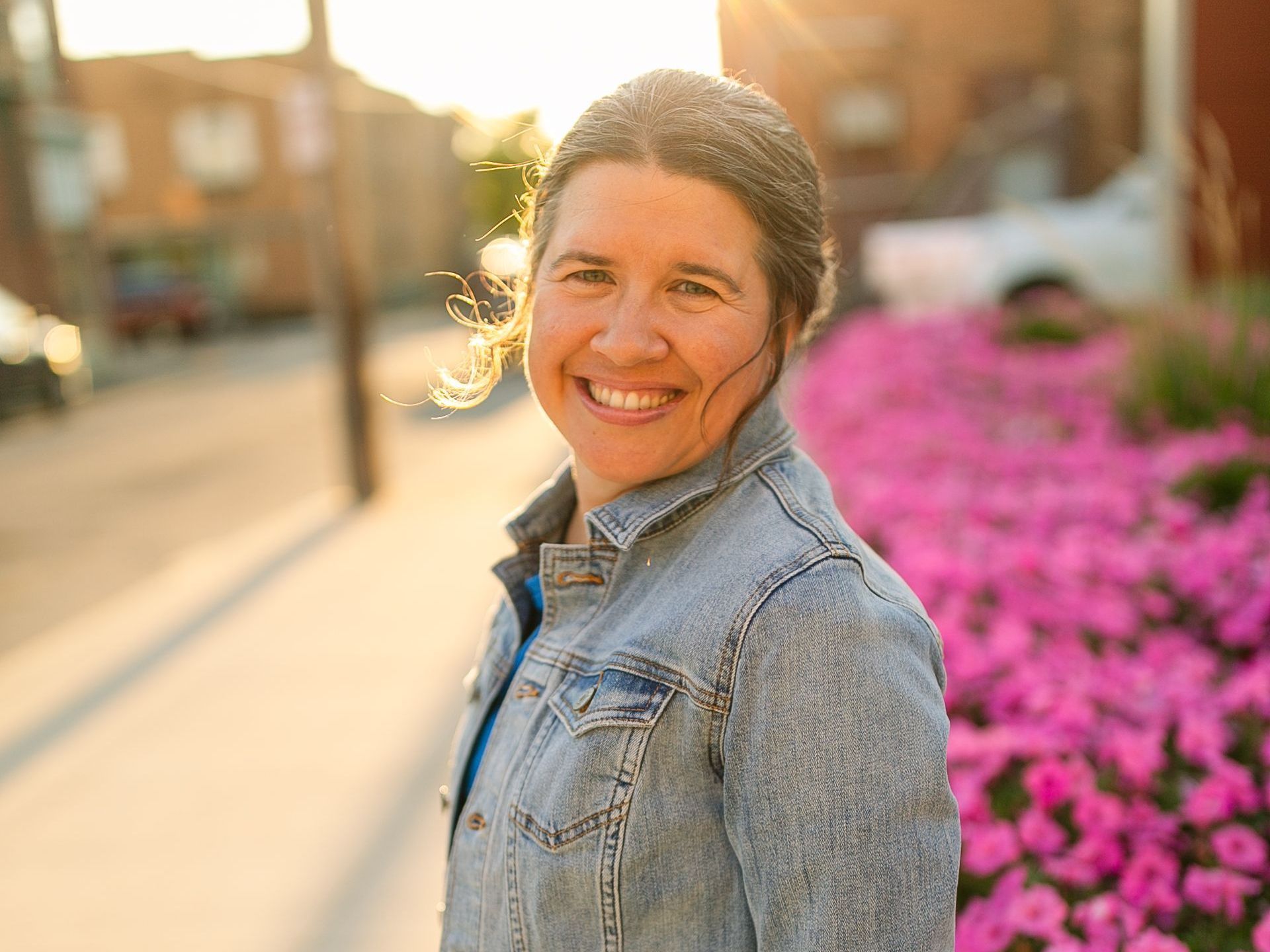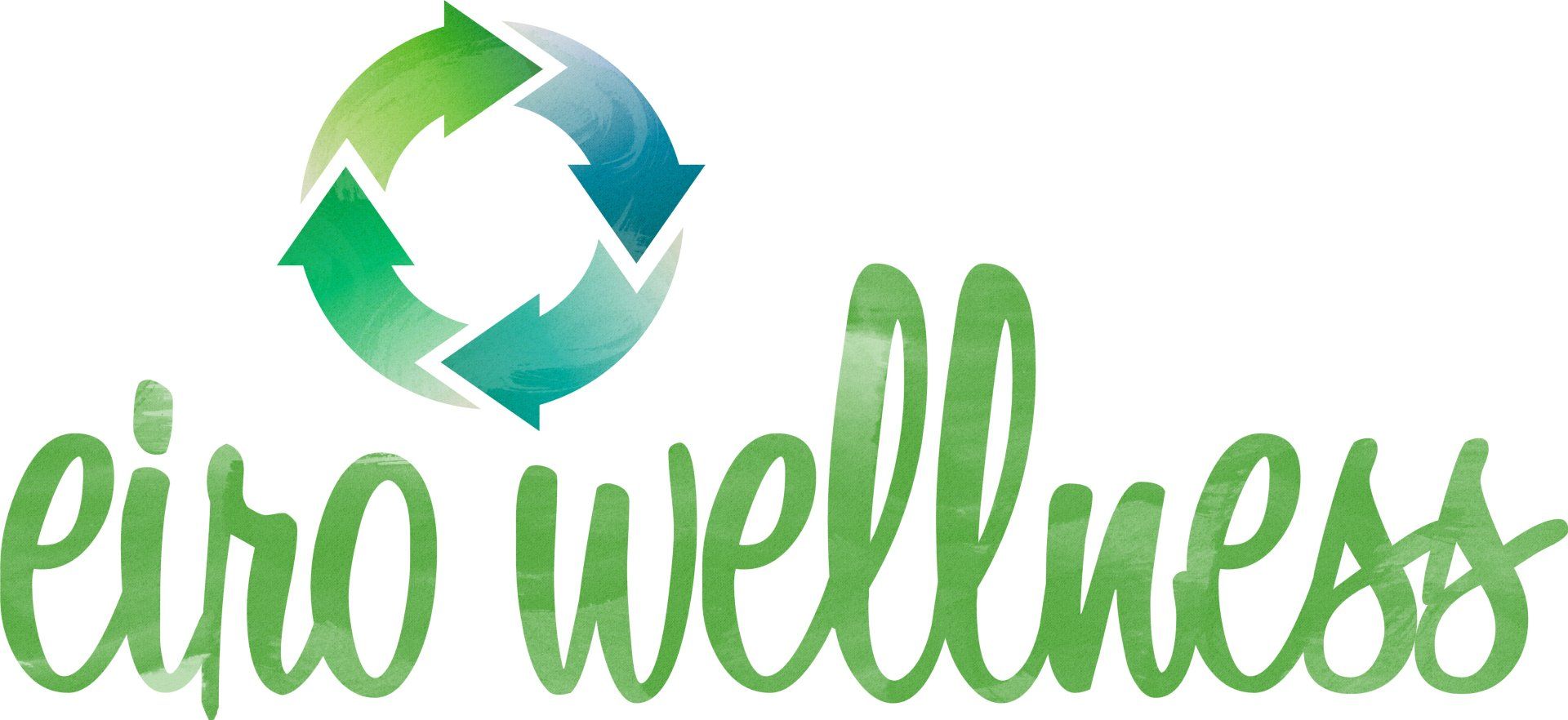The Power of Community in Healing: Why You’re Not Meant to Do This Alone
The Power of Connection: How Relationships Shape Healing
I just got back from a week in Florida. I spent time with dear friends whose friendship goes beyond a spring retreat in the sun and spills over almost daily into a messaging app.
We laughed together and cried together. We walked beaches and explored art galleries. We ate healthy food and indulged in chocolate. We sat in the sun and then moved to the shade. We recounted the hard things of the past year and remembered God’s ongoing faithfulness. We experienced rich community together.
This week will not be easily repeatable in the future. So we talked about what our community would look like going forward.
God Designed Us for Connection
From the very beginning, God said, “It is not good for man to be alone” (Genesis 2:18). Ecclesiastes 4:9-12 says that “Two are better than one… if either of them falls, the one will lift up his companion.” We are created to thrive in relationships—whether it’s family, friendships, or the church body.
In healthy relationships, our brains actually change. You produce extra oxytocin, the “bonding hormone” that enhances trust, reduces fear, and promotes emotional connection. Neuroplasticity also increases, which is the process of new neurons growing and changing in the brain to promote growth, learning, and adaptability.
Healing, whether physical or emotional, happens best in community. Isolation can increase stress and anxiety and even slow physical recovery.
Safe vs. Unsafe Relationships: How They Affect Healing
Safe relationships reflect Christ’s love—offering encouragement, accountability, and support. These are people who respect boundaries, pray with you, and uplift you in times of struggle. They help strengthen you when life is challenging, lifting your arms like Hur and Aaron did for Moses. (Exodus 17:12-14) They are also willing to speak gentle truth when they are concerned for you, helping you realign with the voice of the Holy Spirit.
Unsafe relationships can drain, manipulate, or cause stress, often making healing more difficult. Toxic dynamics—like constant criticism, gaslighting, unwillingness to try to understand, or feeling unseen—can keep you stuck in cycles of emotional or physical distress. Notice how your body feels after you have spent time in the presence of an unsafe relationship. Likely, you will notice tension in your body, specifically your stomach, neck, throat, and head. If you find yourself giving in to keep the peace, this is often an indication that the relationship is not healthy.
When we are in safe relationships, we experience increased resilience against anxiety and depression. We have a greater sense of self-worth and security and are more effective in problem-solving and creativity.

The Nervous System and Community: Why Healthy Relationships Matter
Science confirms what Scripture has always taught—healthy relationships help regulate the nervous system. Proverbs 17:22 tells us that “a joyful heart is good medicine, but a crushed spirit dries up the bones.” Joy, laughter, and emotional support help regulate stress hormones like cortisol and promote physical health. Safe relationships bring joy and reduce stress, allowing the body to heal.
Proverbs 14:30 reminds us that “a tranquil heart gives life to the flesh, but envy makes the bones rot.” This verse reflects how emotional and relational peace support overall health, while toxic emotions (often linked to unhealthy relationships) can have harmful effects.
Safe, loving connections activate the parasympathetic nervous system (rest and healing mode), lowering stress hormones and promoting physical recovery. Secure relationships help the brain’s prefrontal cortex regulate emotions, making us less reactive to stress.
Feeling safe reduces cardiovascular strain, improving heart health. Emotional safety promotes deeper, more restful sleep. The presence of a trusted person can lower pain perception through endorphin release.
Unhealthy relationships can trigger the sympathetic nervous system (fight-or-flight mode), increasing stress, anxiety, and depression, and even inflammation in the body. Chronic stress weakens immunity, making us more susceptible to illness. Difficult relationships can create tension in the body, which can lead to stiffness and pain.
The body of Christ is meant to be a place of healing, where we experience safety, love, and the peace of Christ in our interactions. It’s not a perfect body, and people will make mistakes and even cause hurt. But safe relationships show humility and seek restoration while striving to understand each other. These safe relationships act as a biological buffer, keeping us physically and mentally healthier.

